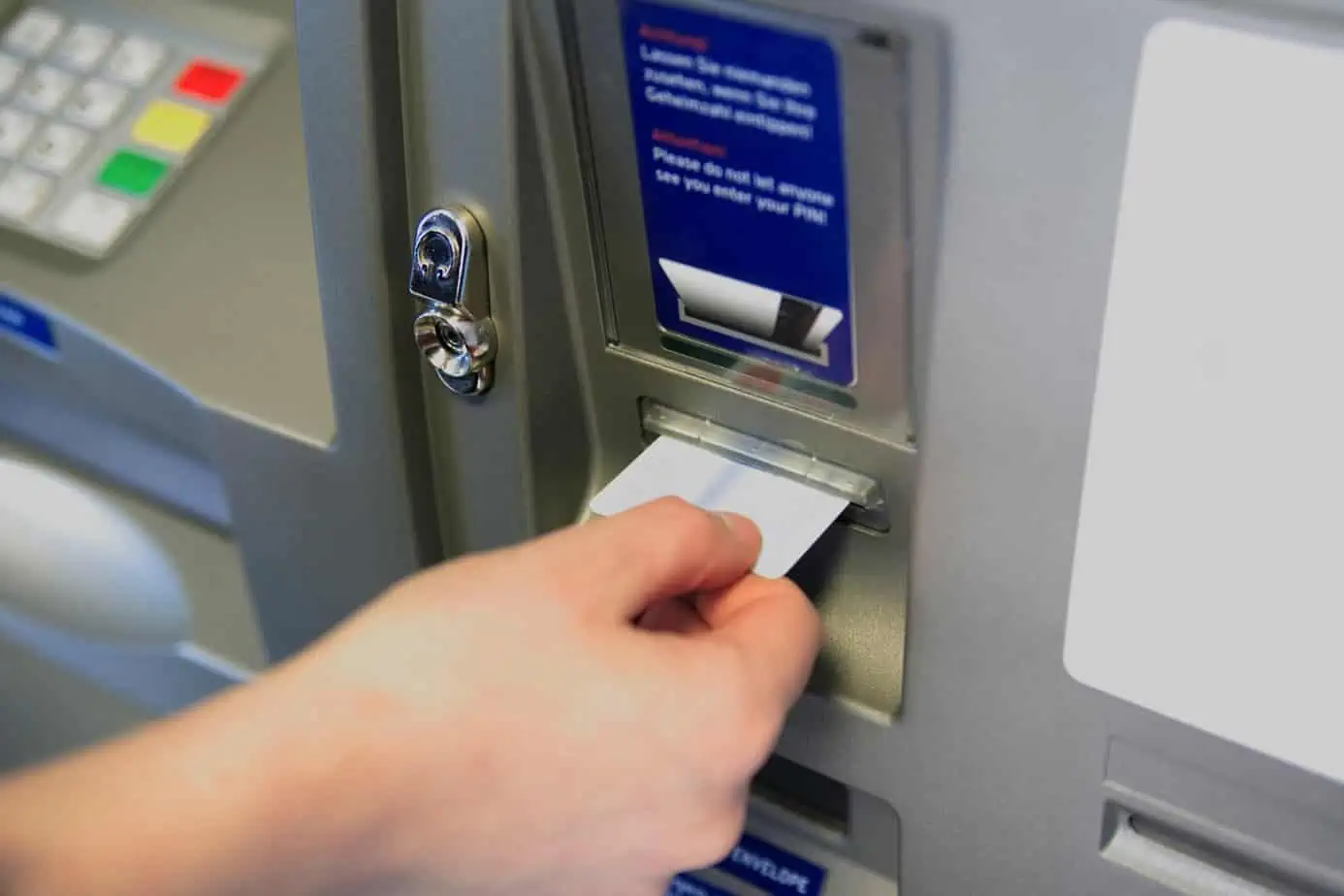ATM shop owners and users, like any other business, want to make a profit. Many people invest in a few machines, search for a few available sites, and begin, ultimately expanding their small business into a full-fledged corporation.
Even if they have the knowledge and mentality to start and run a business, most business owners lack an exit strategy. The most frequently requested concerns from ATM operators are the value, sale, and exit of their company, as well as their subsequent exit.
In this article, you’ll find the answers to the most common questions business owners have in regard to selling an ATM business, such as the factors involved and recommendations for people looking to sell.
What Are the Factors that Purchasers Look for When Buying an ATM portfolio?
There are a few factors that buyers look at when considering purchasing an ATM business, these are:
- The equipment
The status of the machines, their make and model, their age, and EMV upgrade status are all factors that affect your ATM portfolio’s valuation. Another one is whether the machines are of one manufacturer or multiple.
Having a single manufacturer, with new or upgraded machines, will give you more value.
- The location and geography
One of the most crucial factors to an ATM portfolio is the location of the businesses, where the machines reside, as well as the machine’s position within that business.
Is the machine in a rural area or the inner city? Is it in a bar or a hotel?
Naturally, certain locations will provide more value for a prospective buyer than others. You also have to consider the time to service, with locations more spread around being less valuable than a tight route.
- The financials
The current state of operations, and the overall profits and losses, are key aspects of the selling valuation. A prospective buyer will want to know if the business is owner-operated, fully outsourced, or only deals with processing.
Other factors related to financials include the surcharge per transaction and their revenue, interchange income, and related buy rate. The owner will want to know what kind of margin they are looking at once they’ve paid their merchants.
- The contracts
Last but not least, the type of contracts that you have with your merchants will also be a factor, or the lack of thereof. Someone purchasing your machines will want to know what kind of terms you have, as well as the quality and validity of your contracts and whether they can be signed over to them.
You have to understand that someone looking to buy an ATM business will belong to one of two groups: people new to the industry or ATM business owners. The latter group will have experience and know what they are looking for. In both cases, one factor that both types will consider crucial is the location of the machines.
Is the ATM Portfolio Market more advantageous to buyers or sellers?
At the moment, it is a mix of the two, with a slight lean toward a buyer’s market. On the “purchase” side, there are some excellent deals as a result of common factors such as relocation, retirement, and so on.
On the “sell” side, the ATM market and business are still strong. Many existing ATM companies are looking for acquisition targets, while new entrants are looking to enter the ATM market.
Recommendations for IADs considering selling
Buyers look for new, improved, and well-maintained equipment. It is recommended that one upgrades their equipment to EMV compliance. If you have machines that are nearing the end of their useful life, consider upgrading them.
Furthermore, you’ll want to get all your locations under one contract, specifically with a three to five years renewal that’s automatic. Having contracts for all your locations, with longer terms, will increase your valuation.
You also want to have your books in order. The presentation and organization of your financials is crucial when looking to sell your ATM business.
Finally, you’ll want to review your portfolio to see if there are any underperformers that could be affecting your valuation. Avoid focusing on a single client as this could backfire.
Conclusion
When it comes to selling an ATM business, location and clean, well-organized books and financials make all the difference. Review your figures and locations and do your best to eliminate underperformers and try to bring all your machines as close as possible.
While many other factors go into valuing a portfolio and selling an ATM business, these essential factors are a great place to start for any entrepreneur looking to buy or sell all or a portion of their ATM portfolio.

